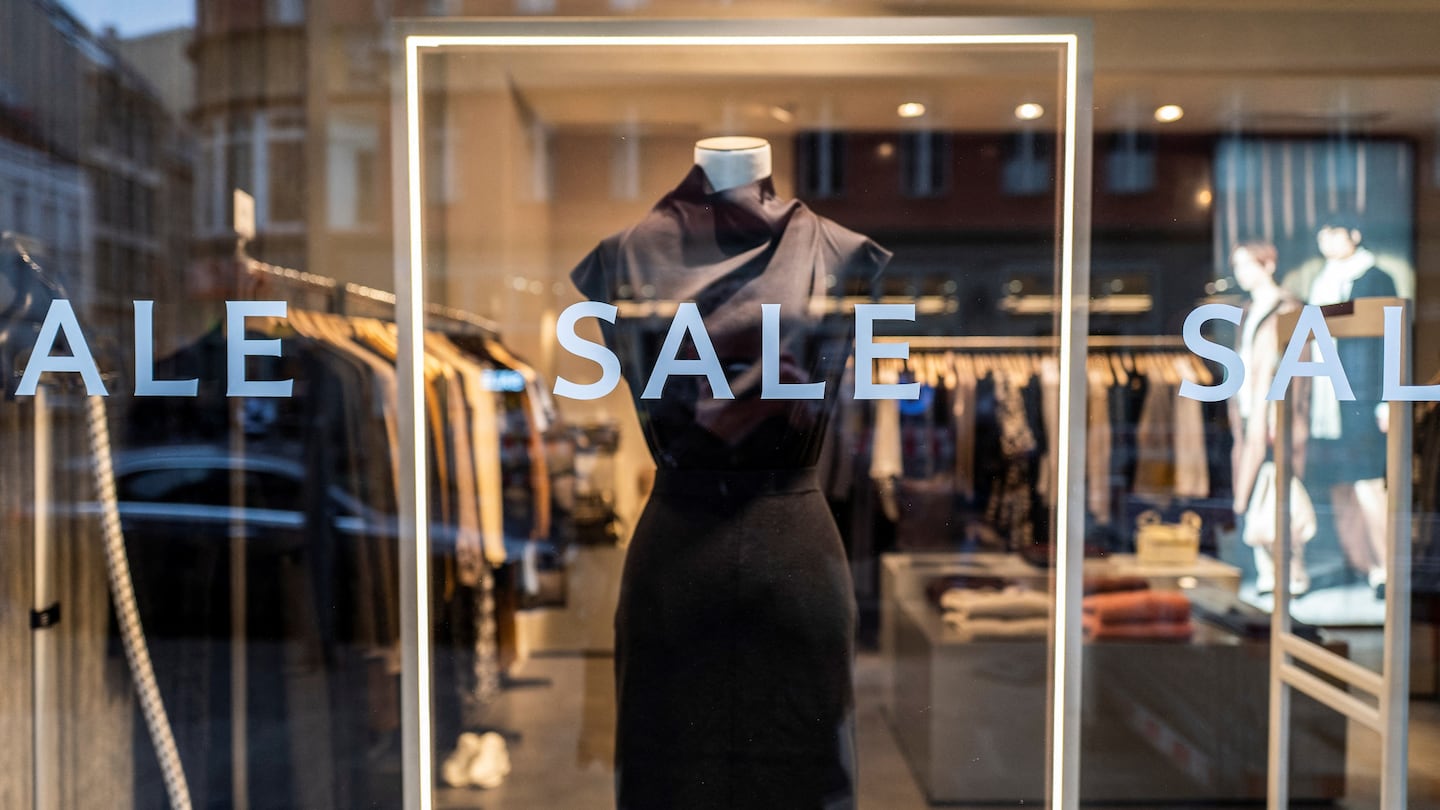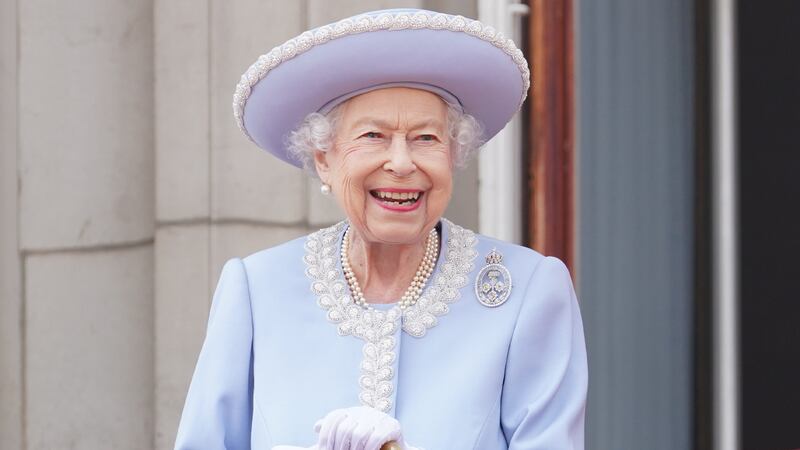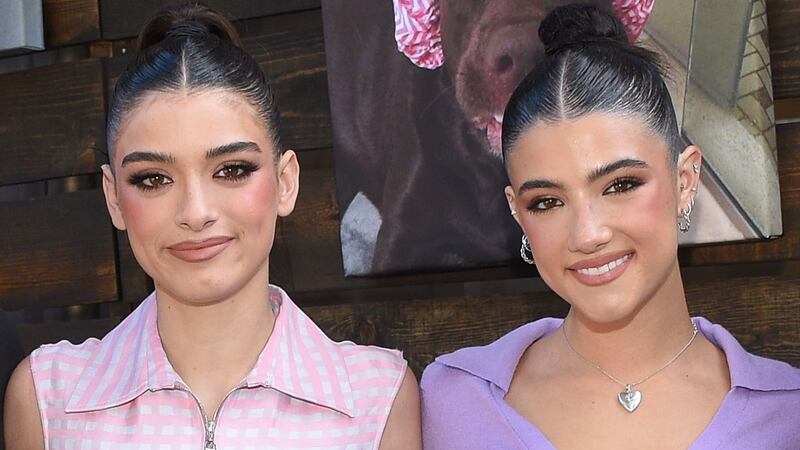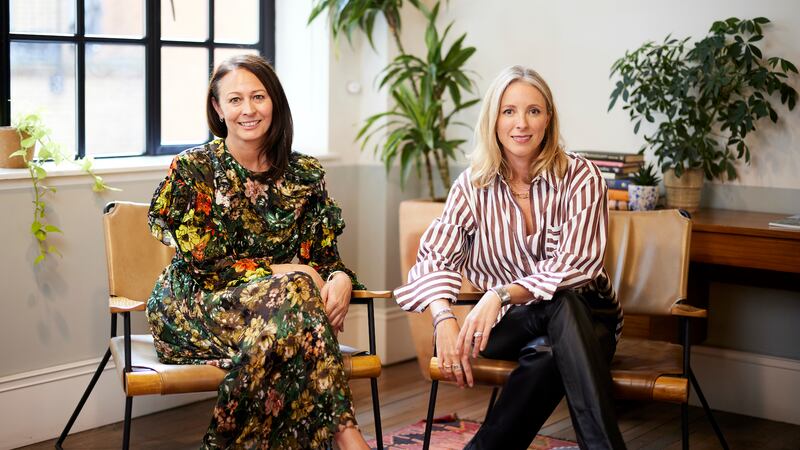
The Business of Fashion
Agenda-setting intelligence, analysis and advice for the global fashion community.

Agenda-setting intelligence, analysis and advice for the global fashion community.

The fashion industry is facing a bleak winter. And Europe is ground zero. Soaring energy prices, caused by Russian moves to curb gas supply to Europe in retaliation for Western sanctions following its invasion of Ukraine, are buffeting the industry from all angles.
For consumers, the resulting cost of living crisis has “only just begun,” according to a JPMorgan note published this week with the foreboding title “Winter is (Still) Coming.” Meanwhile, retailers are being squeezed between rising operating costs and softening demand, especially at the lower end of the market.
The pain is equally intense on the supply side.
This summer, the energy bill to run Italian denim producer Candiani Denim hit €4 million ($3.98 million), a more than four-fold increase from a year earlier. Austrian wood-based fibre producer Lenzing has started joking that it’s “an energy-based fibre producer” now, because powering its factories has become such a large portion of its operating costs.
ADVERTISEMENT
The energy crisis in Europe comes on top of broader pressures hammering the global fashion industry. Inflation is climbing around the world, fuelled by sanctions and disruptions related to the war in Ukraine. Meanwhile, regional political upheavals, Covid-19 and climate change-related disruptions are causing huge volatility.
The result is a toxic cocktail of rising costs and softening demand; the long-term impact could be even more dramatic than the pandemic.
In Europe, national governments have already allocated hundreds of billions of dollars to shield households from skyrocketing energy prices. New UK Prime Minister Liz Truss announced a two-year price cap for household energy bills on Thursday, with businesses receiving a separate six-month cap. EU energy ministers gathered in Brussels on Friday to discuss emergency measures to curb energy costs.
But despite efforts focused on protecting consumers from energy bills that threaten to tip some into poverty, spending on discretionary items is expected to continue to soften, leaving brands and manufacturers with difficult decisions about when and if to pass on rising costs or eat the pain themselves.
On Thursday, British low-cost retailer Primark warned on profits as it made the decision to not raise prices to help offset higher energy costs in recognition of the fact consumers are likely to have less disposable income next year.
The retail business is experiencing “volatility and cost increases the likes of which I’ve not seen before,” John Bason, the outgoing finance director at Primark parent AB Foods told Reuters.
Candiani Denim raised prices nearly 40 percent at the beginning of the year to take into account the rising cost of raw materials. “That’s peanuts” compared to the higher energy bills the company is now facing, president Alberto Candiani said. But the company’s average denim price of €7.25 per metre is already well above what competitors outside Europe might charge. Though the company brought on 100 new employees to meet growing demand at the start of the year, it’s now looking to reduce operations to just four days a week to manage costs.
Some European manufacturers are simply shutting down or moving operations elsewhere, said Dirk Vantyghem, director general at the European Apparel and Textile Federation.
ADVERTISEMENT
The energy crisis in Europe is particularly acute because the region gets so much of its supply from Russia. Last week, the country halted gas flows through a crucial pipeline to Germany, blaming sanctions for the fact that the supply remains constricted and sending gas prices spiking further.
But the wider shockwaves caused by the war in Ukraine have been ricocheting through the industry’s supply chain for months, amplified by regional challenges and creating uneven pockets of pressure. Currency fluctuations, political instability, weather extremes and high raw material and freight costs all overshadow the industry as demand softens.
“The repercussions on the textile value chain could be much more severe than in the Covid pandemic,” said Johannes Stefan, commercial director for Europe, Americas and Turkey at fibre producer Lenzing. In contrast to the demand shock of 2020, now there’s extremely high raw material and energy costs, as well as very weak demand. “There’s almost a crisis for every letter in the alphabet,” he said.
THE NEWS IN BRIEF
FASHION, BUSINESS AND THE ECONOMY

Queen Elizabeth II has died. Britain’s longest reigning monarch’s influence extended to the realm of fashion, where she invented the concept of “sartorial diplomacy.”
London Fashion Week to continue in the wake of Queen’s death, says British Fashion Council. Core events will go ahead as planned, but London Fashion Week’s organising body said other activities such as store opening or parties should be cancelled.
Richemont shareholders reject activist investor’s board candidate. An overwhelming majority of the Cartier owner’s shareholders rejected Bluebell’s candidate Francesco Trapani, a former executive of rival LVMH, to represent holders of publicly traded A shares on the group’s board and instead opted for current board member Wendy Luhabe.
ADVERTISEMENT
Tod’s sales rise 17 percent in H1, above pre-Covid Levels. Revenues totalled €467.5 million ($464.70 million) in the six months to June, pushed by Europe and Americas, while they fell by 19 percent in Greater China at constant exchange rates due to Covid-19 restrictions, Reuters reported.
Ferragamo sales beat forecasts in H1 despite slowdown in China. Underpinned by sound growth in Europe and United States, sales rose by 17 percent at constant exchange rates to €630 million ($624 million) in the six months to the end of June, versus an analyst average estimate of €621 million, according to a Reuters poll.
Nike launches new material. Made with a Nike-developed manufacturing process, the brand’s latest material, Forward, could be its biggest move in apparel in decades — if shoppers embrace its unique look and feel.
Kanye West says Adidas offered $1 billion buyout from Yeezy Venture. The artist, who now goes by simply Ye, said Adidas had been designing Yeezy products without his participation in a slew of venomous Instagram posts targeting the German sportswear brand’s managers. “It’s going to cost you billions,” he said.
American Eagle earnings disappoint as inflation hits apparel demand. The apparel maker would also freeze hiring, cut non-critical expenses and lower capital spending, chief executive officer Jay Schottenstein said in an earnings call, as the company looks to minimise damages from rising costs and slowing demand.
Primark owner warns profit to fall next year as energy costs rise. The UK conglomerate Associated British Foods Plc said Primark, which generates most of the group’s profit, is experiencing unprecedented volatility and its operating margin will fall next year, despite recent price increases.
Rolex hikes watch prices by 5 percent in UK as sterling slides. The price hike, first reported by trade publication WatchPro, follows a slide in the value of the British pound against the US dollar to $1.15 and near the lowest since 1985.
THE BUSINESS OF BEAUTY

TikTok stars Charli and Dixie D’Amelio to start own house of brands. Investors including Fanatics Inc. chief executive officer Michael Rubin, Apple Inc.’s Eddy Cue and Autograph co-chairman Richard Rosenblatt took part in the $6 million financing round set to be announced Tuesday.
Church & Dwight acquires Hero Cosmetics. The American consumer goods conglomerate announced it acquired Hero, maker of the Hero Mighty Patch acne treatment, for $630 million.
Boots plans online market for beauty brands in digital overhaul. The 173 year-old retailer will stock third-party brands online from next spring, Boots said in a statement Tuesday.
PEOPLE

BFC chair Stephanie Phair steps down. The Farfetch executive chaired London Fashion Week’s organising body through one of the most challenging periods British fashion has ever faced, including coronavirus and Brexit.
Styling agent Sofie Geradin launches new creative talent agency, Drive. Geradin’s new agency will spearhead a community approach to representation, with an emphasis on mentoring young talent, she said.
Kim Kardashian to launch private equity firm with former Carlyle partner. The firm will make investments in sectors including consumer products, hospitality, luxury, digital commerce and media, according to the report.
Target CEO Cornell to stay three more years in bid for stability. The retailer on Wednesday scrapped its policy of chief executives having to retire at 65, allowing Brian Cornell to lead the retailer for another three years as it battles through a period of high inflation and overstocked stores.
Compiled by Darcey Sergison.
The company, under siege from Arkhouse Management Co. and Brigade Capital Management, doesn’t need the activists when it can be its own, writes Andrea Felsted.
As the German sportswear giant taps surging demand for its Samba and Gazelle sneakers, it’s also taking steps to spread its bets ahead of peak interest.
A profitable, multi-trillion dollar fashion industry populated with brands that generate minimal economic and environmental waste is within our reach, argues Lawrence Lenihan.
RFID technology has made self-checkout far more efficient than traditional scanning kiosks at retailers like Zara and Uniqlo, but the industry at large hesitates to fully embrace the innovation over concerns of theft and customer engagement.